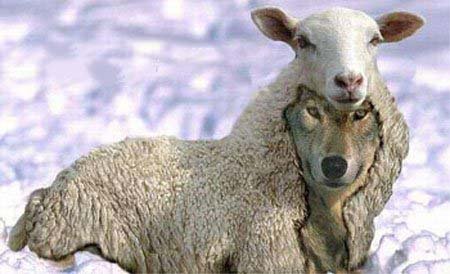sincerly
Well-Known Member
Muffled said: ↑
If Jesus is God and I believe He is then He is able to answer questions in a myriad of ways.
Jesus is GOD the SON---Not GOD THE FATHER---Nor GOD the Holy Spirit.
You are claiming that John who was an Apostle for 3 1/2 years of Jesus Christ is NOT writing what he wrote and even that is supposedly distorting the Character of Jesus.
Nicodemus is just another righteous man who believed Jesus. He would not have spoken contrary to the plan of salvation or the Character of Jesus, as you allege.
Matt.7:29, "For he taught them as one having authority, and not as the scribes." (Mark 1:22; Luke 4:32)
John 5:26-27, "For as the Father hath life in himself; so hath he given to the Son to have life in himself;
And hath given him authority to execute judgment also, because he is the Son of man."
John 19:11. "Jesus answered, Thou couldest have no power at all against me, except it were given thee from above: therefore he that delivered me unto thee hath the greater sin.
Do you understand what Jesus has said to Pilate? Jesus isn't being arrogant, but truthful.(John 18:37), "Pilate therefore said unto him, Art thou a king then? Jesus answered, Thou sayest that I am a king. To this end was I born, and for this cause came I into the world, that I should bear witness unto the truth. Every one that is of the truth heareth my voice."
Therefore, one's answer to "What shall I do with Jesus?
Each of the Gospel writers has given the life and teachings of Jesus Christ showing a more complete picture. However, as John acknowledged, much more could have been written.
If Jesus is God and I believe He is then He is able to answer questions in a myriad of ways.
So god has a multiple personality disorder according to you.
Jesus is GOD the SON---Not GOD THE FATHER---Nor GOD the Holy Spirit.
No one is calling the apostles arrogant in this topic. Just that John is most likely Nicodemus the Pharisee; thus his testimony is bias and based on hearsay information, that doesn't match the character of Yeshua in the other 3 gospels.
You are claiming that John who was an Apostle for 3 1/2 years of Jesus Christ is NOT writing what he wrote and even that is supposedly distorting the Character of Jesus.
Nicodemus is just another righteous man who believed Jesus. He would not have spoken contrary to the plan of salvation or the Character of Jesus, as you allege.
Matt.7:29, "For he taught them as one having authority, and not as the scribes." (Mark 1:22; Luke 4:32)
John 5:26-27, "For as the Father hath life in himself; so hath he given to the Son to have life in himself;
And hath given him authority to execute judgment also, because he is the Son of man."
John 19:11. "Jesus answered, Thou couldest have no power at all against me, except it were given thee from above: therefore he that delivered me unto thee hath the greater sin.
Do you understand what Jesus has said to Pilate? Jesus isn't being arrogant, but truthful.(John 18:37), "Pilate therefore said unto him, Art thou a king then? Jesus answered, Thou sayest that I am a king. To this end was I born, and for this cause came I into the world, that I should bear witness unto the truth. Every one that is of the truth heareth my voice."
Therefore, one's answer to "What shall I do with Jesus?
Each of the Gospel writers has given the life and teachings of Jesus Christ showing a more complete picture. However, as John acknowledged, much more could have been written.

